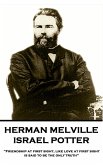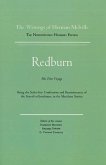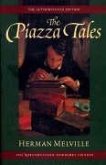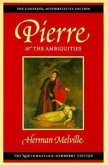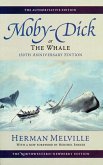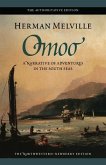Melville's eighth book was begun as a simple rewrite of an obscure little narrative entitled Life and Remarkable Adventures of Israel R. Potter, in which Israel tells the story of his sad fall from Revolutionary hero to London peddler. Following its opening chapter Melville's novel retells that tale, with close adherence to the language and events of the Life, and then, shaking free of the original narrative, alternately moves between invented episodes and historical sources unrelated to the Life. Israel Potter is unique among Melville's books. It is the only one to be offered in the guise of literal biography, the tale presuming to offer an accurate life history of the man Israel Potter who did in fact fight at Bunker Hill. It is also Melville's only historical novel: it presents famous men of the American Revolution - Benjamin Franklin, John Paul Jones, Ethan Allen, and others - in situations that are a matter of historical record.
Hinweis: Dieser Artikel kann nur an eine deutsche Lieferadresse ausgeliefert werden.
Hinweis: Dieser Artikel kann nur an eine deutsche Lieferadresse ausgeliefert werden.


